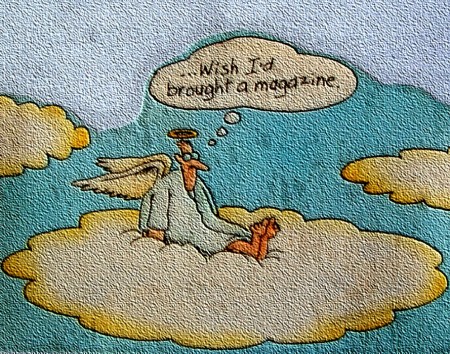 This week spilled over with lots of activities and sweets at the school where I teach. In my host country we celebrated Children's Day on September 9th. As a result the sermon or talk this morning at church reflected upon the nature and rights of children.
This week spilled over with lots of activities and sweets at the school where I teach. In my host country we celebrated Children's Day on September 9th. As a result the sermon or talk this morning at church reflected upon the nature and rights of children.The lady speaker said we live in an adult-centered world where children are subjected to the whims of adults who have authority over them. The idea reminded me of Pink Floyd's, "The Wall: We Don't Need No Education" with it's piercing protest, -- "All in all, you're just another brick in the wall." When I first heard this revolutionary song in 1993, I thought it was diabolical. Now, I've come to see a lot of truth in the lyrics.
Unfortunately, adults speak as if they are the OWNERS of the truth and act as if they have the last say on everything. I thought it was an interesting view since our society seems to idealize youth (as a way of marketing products) while treating them as inferior beings on the other hand.
The speaker also shared how this is one of the most challenging periods in history in which to raise children, because so many technological advances are competing for their attention. Adults will do anything to appease their offspring materially, while being too busy to be involved in any way with their spiritual and emotional development. The result is that children do not have a model of how to relate to God or else the model is defective, oppressive or too rigid. The speaker asked, "What concept do parents transmit to their children about the nature of God? Do they delegate this responsibility to someone else (like a Sunday school teacher)?
The speaker finished by pointing out that Jesus not only defended children, but considered them to be the model to follow because of their believing, trustful nature.
As an educator, I'm reflecting about this sermon, because most of my adult responses toward children follow a subconscious script of how I was treated when I was a child. It takes a lot of inner work to bring those past experiences into the conscious world in order to be able to view them objectively and correct them. Often a red light flashes on my dash, telling me that my tone was too severe or that I wasn't listening to what the student was trying to communicate. Too often, I have to catch myself reacting rather than responding -- something so slow to change.

